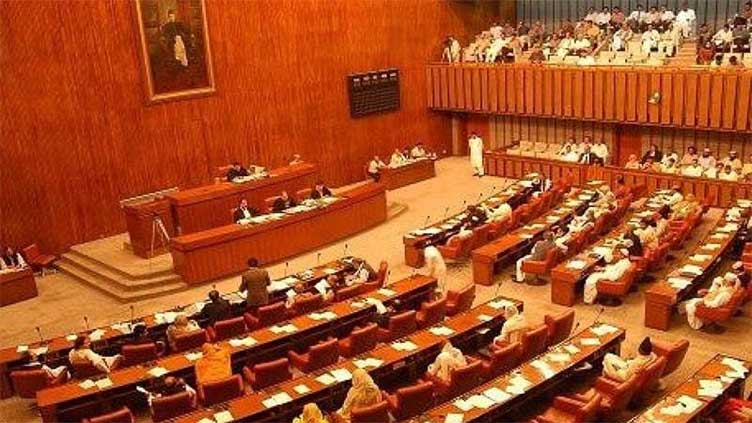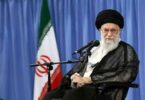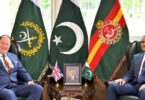Hassan Naqvi
ISLAMABAD: The by-elections for six general seats of the Senate have concluded in the National Assembly, as well as in the assemblies of Balochistan and Sindh.
In Islamabad, PPP’s Yousuf Raza Gilani secured victory with 204 votes, claiming the solitary Senate seat from the capital against Ilyas Mehrban Chaudhry of the Sunni Ittehad Council, who received 88 votes. Out of the total 301 votes cast, nine were rejected.
In the Sindh Assembly, with 124 votes cast, Provincial Election Commissioner Shareefullah Khan presided over the proceedings. The PPP emerged victorious in both Senate seats from the province, with Jam Saifullah Dharejo receiving 58 votes and Aslam Abaro securing 57 votes. Meanwhile, Shazia Sohail and Nazeerullah of the Sunni Ittehad Council each received four votes, with one vote being rejected.
In Balochistan, Abdul Qudoos Bizenjo of the PPP emerged victorious with 23 votes, followed by PML-N’s Dostain Domki with 17 votes, and JUI’s Shakoor Ghaizai with 16 votes. BAP’s Mubeen Khilji polled five votes. Out of 62 members of the Balochistan Assembly, 61 cast their votes, while Asad Baloch of BNP-Awami abstained from voting, continuing his previous boycott stance.
By-elections were held for one seat in Islamabad, two in Sindh, and three in Balochistan, with Zafar Iqbal appointed as the returning officer for polling in the National Assembly hall until 4 pm. A total of 311 members of the National Assembly participated in the voting.
For the three seats from Balochistan, seven contenders contested, including Abdul Qudoos Bizenjo, Dostain Domki, and BAP’s Kuhda Babar and Mubeen Khiljee. In Sindh, four contestants, supported by the Sunni Ittehad Council and the PPP, vied for the two general Senate seats.
Each assembly member’s vote counted as one, with specific guidelines for voting, including marking preference numbers in front of candidates and abstaining from any marks identifying the voter on the ballot. Mobile phones were prohibited inside the polling booth to ensure fair and transparent elections.







